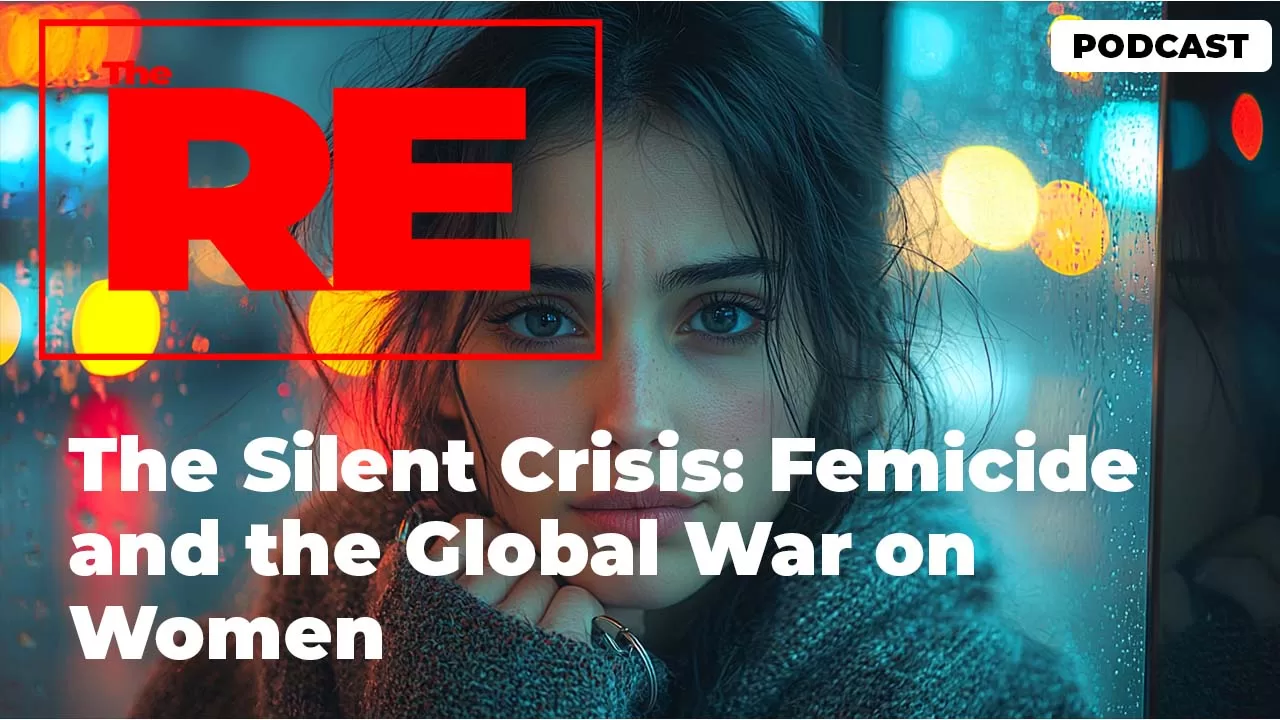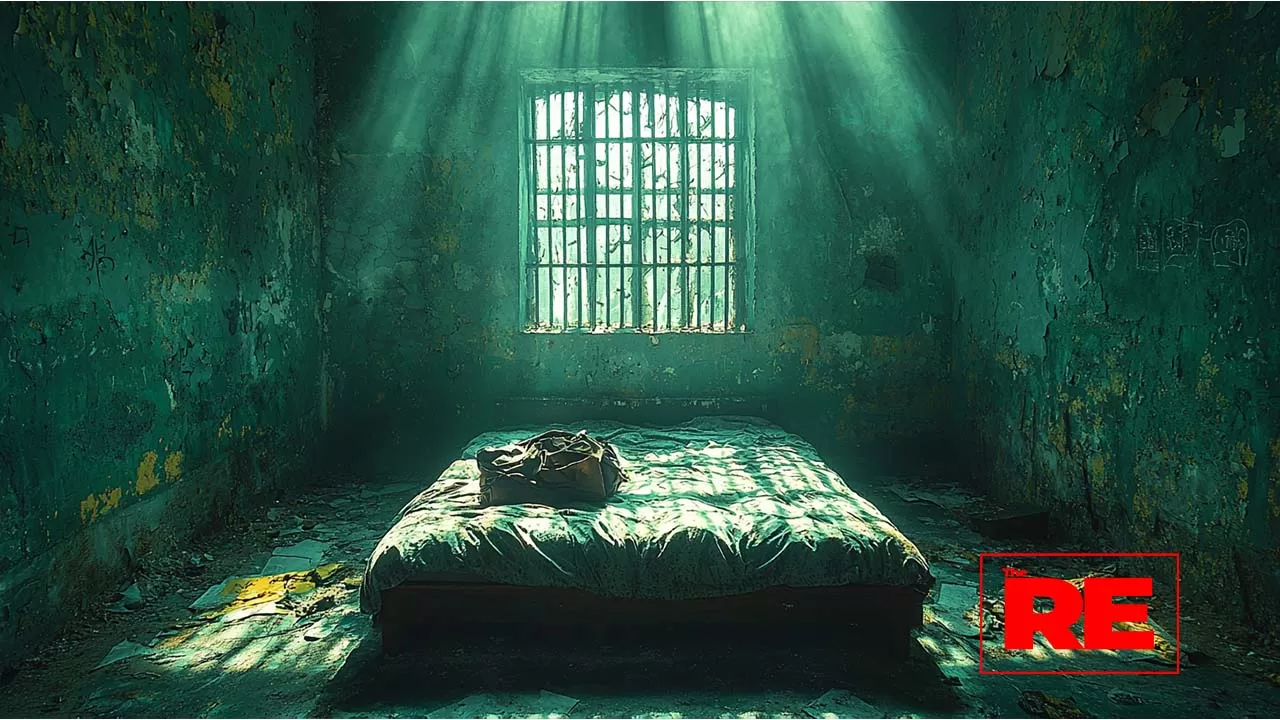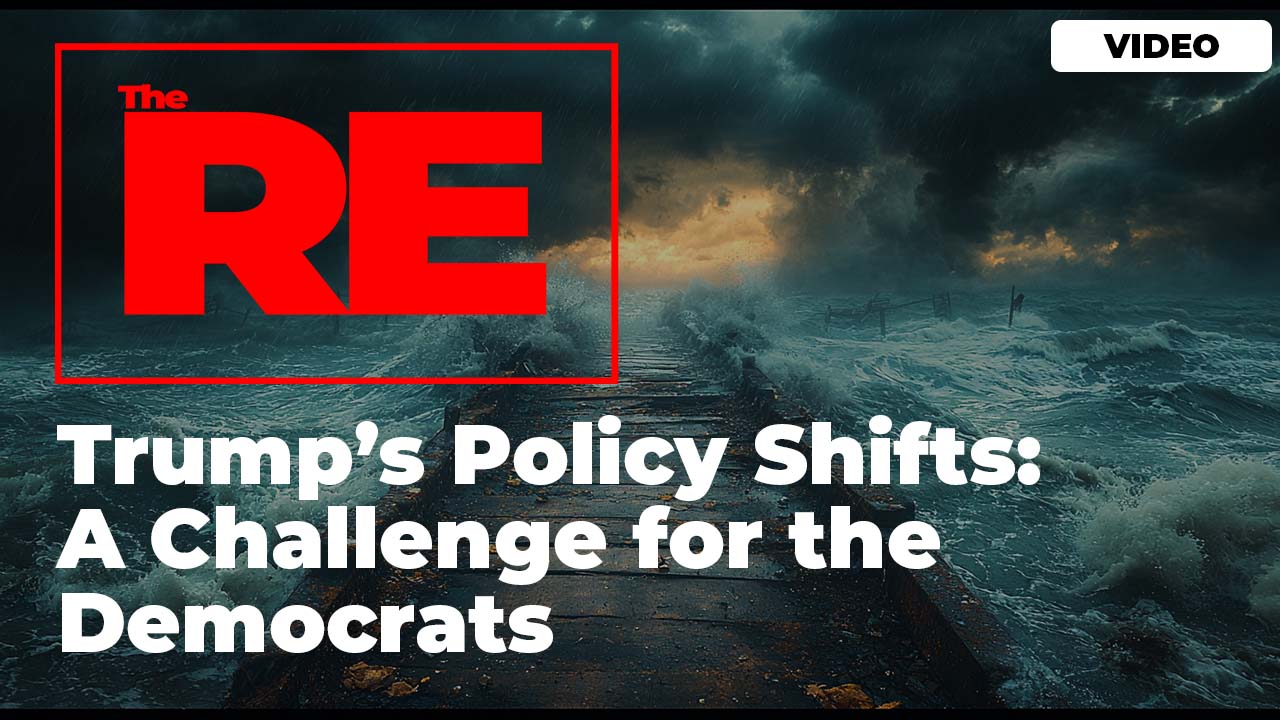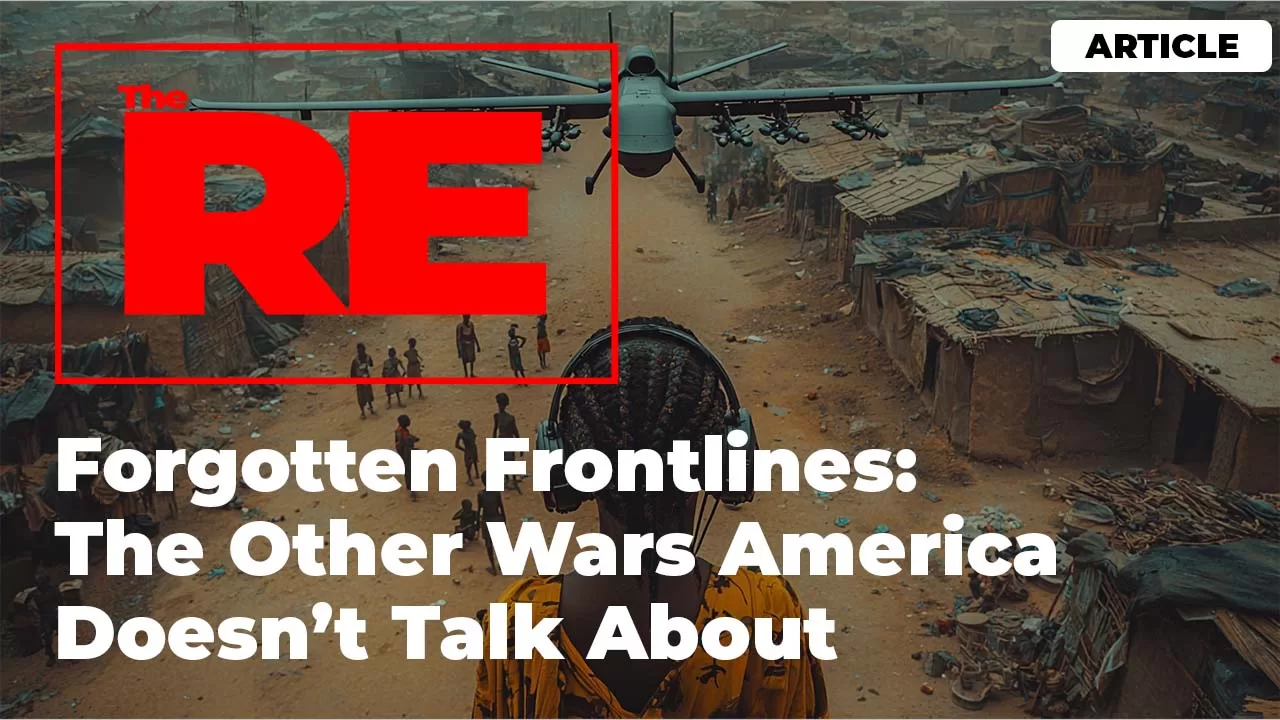The Ripple Effect
-News and Commentary-
The Silent Crisis: Femicide and the Global War on Women
- Home
- News and Commentary
- The Silent Crisis: Femicide and the Global War on Women

You can scroll through your feed right now and see it. A woman missing. A woman murdered. A woman beaten, abandoned, silenced. Sometimes she’s nameless. Sometimes she’s a hashtag. But no matter how often it happens, we never really stop to ask the deeper question: why is this normal now?
Why is it normal for women to be afraid of walking home? Why is it normal for them to carry keys like weapons? Why is it normal for them to send texts saying “made it home safe” like it’s an achievement instead of a basic human expectation? And most of all—why is it that when they die, the world treats it like background noise?
This isn’t about one country or one culture. This is happening everywhere. Women are being killed—not because they were in the wrong place at the wrong time, but because the world made the wrong choices and called them tradition. Because too often, women are punished for leaving. Punished for refusing. Punished for speaking. Punished for simply existing outside of someone else’s control.
You start to notice a pattern when you look past the headlines. It’s not that these deaths are random. It’s that they’re allowed. And when something is allowed long enough, it starts to look like culture. It starts to sound like, “that’s just how things are.” And that’s where the danger lives. Not just in the act of violence—but in the silence that follows it.
In too many places, the system doesn’t fail women. It never even tried to protect them in the first place. Police don’t follow up. Courts don’t listen. Neighbors don’t get involved. And when it’s over, the questions come: What was she wearing? Why was she out late? Did she provoke him? As if a woman’s murder can be justified with enough speculation.
And for the record—this isn’t about women needing protection. Women don’t need to be saved. They need people to stop ignoring how normal their deaths have become. Because if murder becomes normalized, then so does everything that leads up to it. The threats. The control. The stalking. The abuse. The moment he raises his voice in public and nobody steps in. The moment she files a report and it disappears into paperwork. The moment people say, “That’s between them.”
No, it’s not. It’s between all of us.
So no, this piece isn’t about just another headline. This is about the culture that teaches men they own women, and the silence that teaches the rest of us to look away.
the numbers don’t lie. How laws are written in ways that excuse the violence. And how the global normalization of gender-based murder says more about us than we want to admit.
But first, sit with this: if womanhood itself puts you at risk—what kind of world have we built?

The most exhausting thing about this is that the numbers are already out there. People see them. They’ve been published. They’ve been tweeted. They’ve been studied. But still—nothing really changes. Because somewhere deep down, the world has accepted that women dying like this is just part of life. Something tragic, yes, but not something urgent. Not something to stop. Just something to report and then forget.
According to the UN, more than 81,000 women and girls were killed in 2021—and more than half of them died at the hands of someone they knew. Not a stranger. Not a random act. Someone they loved. Someone they tried to leave. Someone they trusted. That’s the part people skip over. These are not isolated incidents. This is a pattern. And we all know it.
In some places, they call it femicide. In most places, they don’t call it anything at all. It just becomes a domestic dispute. A private matter. A headline for one day and then silence. No national registry. No political pressure. No coordinated response. Just a body and a burial.
And the stories repeat. In Mexico, it’s ten women a day. In South Africa, a woman is killed every four hours. In India, women are still being murdered over dowries, and no one blinks. And in the United States, we pretend things are better—but Black women are still dying at higher rates, Indigenous women are still going missing, and we’re still asked to explain why we stayed instead of why no one helped.
And if we defend ourselves? If we fight back? Suddenly we’re violent. Suddenly we’re the ones being investigated. I’ve watched women go to prison for surviving. I’ve watched courts punish them for not being passive enough. Like we’re supposed to just die quietly if we can’t get out in time.
But this isn’t just about laws. It’s about everything under the surface—the things that shape how people react when women are in danger. It’s about the way we still see male aggression as something natural. As something we’re supposed to tolerate until it kills us. It’s about how people roll their eyes when we talk about safety, and how the media still says things like “crime of passion,” like that makes the pain any easier to bear.
It’s about what happens when we go to the police and they tell us there’s nothing they can do. When we go to court and they tell us there’s no evidence. When we ask for help and are told, “Well, he’s never hit you before, has he?” It’s about the churches that tell us to forgive and the families that tell us to keep it quiet. The neighbors who hear it happening and turn up the volume on the TV. The judges who say, “He just lost control,” and the headlines that call him a good father who made a mistake.
Violence doesn’t always look like a crime scene. It starts as silence. As control. As isolation. It starts when he checks your phone. When he tells you no one else will love you. When he says he’s sorry but never stops. And by the time it’s physical—by the time it’s deadly—it’s already been allowed for years.
And if you’re poor? If you live in a rural area? If you don’t speak the language? If you’re undocumented? It gets even harder. Because now you don’t just have to survive him—you have to survive the system that’s been trained not to see you.
I’m not saying every man is dangerous. I’m saying every system we live in has been built to protect power, and too often, power is used to hurt women and walk away untouched.
Femicide is not a mystery. It’s not sudden. It’s not rare. It is a consequence of every moment the world told us to be quiet, to stay put, to not make it worse.
But we’ve been quiet long enough. And we are not the ones making it worse.

The hardest part about surviving is knowing that some people only listen after you’re gone. They listen when the story is tragic enough, when the photo goes viral, when the outrage feels safe. But before that—when we’re still here, still speaking, still asking to be seen—they scroll past. They change the subject. They tell us it’s complicated. But it’s not complicated. It’s just inconvenient. It’s inconvenient to admit that the world was not built for women to feel safe. It’s inconvenient to admit that too many men are taught love means possession, and that losing control justifies violence. It’s inconvenient to admit that we’ve created a culture where a woman’s pain has to be public and extreme to be believed.
We’ve built a system where silence is encouraged until it’s too late. Where warning signs are ignored. Where early violence is dismissed as “passion,” and real protection only comes after a body has hit the floor. And here’s the truth no one wants to say out loud: this violence doesn’t start with murder. It ends there. It starts when a man believes he has the right to control. It starts when communities protect abusers instead of victims. It starts when institutions make excuses instead of changes. And it ends when the people who could have done something stay quiet because it wasn’t their sister. Wasn’t their friend. Wasn’t their daughter.
But it could have been. It could still be. And if that doesn’t make you stop and think—then you’re part of the silence too.
We don’t need to be rescued. We don’t need more headlines. We need the people who say they care to start acting like it. That means better laws, faster response times, real consequences. That means shelters that don’t run out of beds. Judges who don’t give second chances to abusers. Schools that teach boys about consent and girls about worth. And communities that know the difference between privacy and protection.
We deserve to live without apology. To walk without fear. To speak without being punished for it. To leave and not be hunted down for doing so. If the price of being a woman is always measured in threat level, in body count, in trauma—then this world is not as civilized as it claims to be.
And I don’t care how many policies get passed, how many campaigns go viral, how many people light candles at vigils—until the systems change, we will keep burying women who were just trying to live. And we will keep asking the same question: why is this still allowed?






 and then
and then